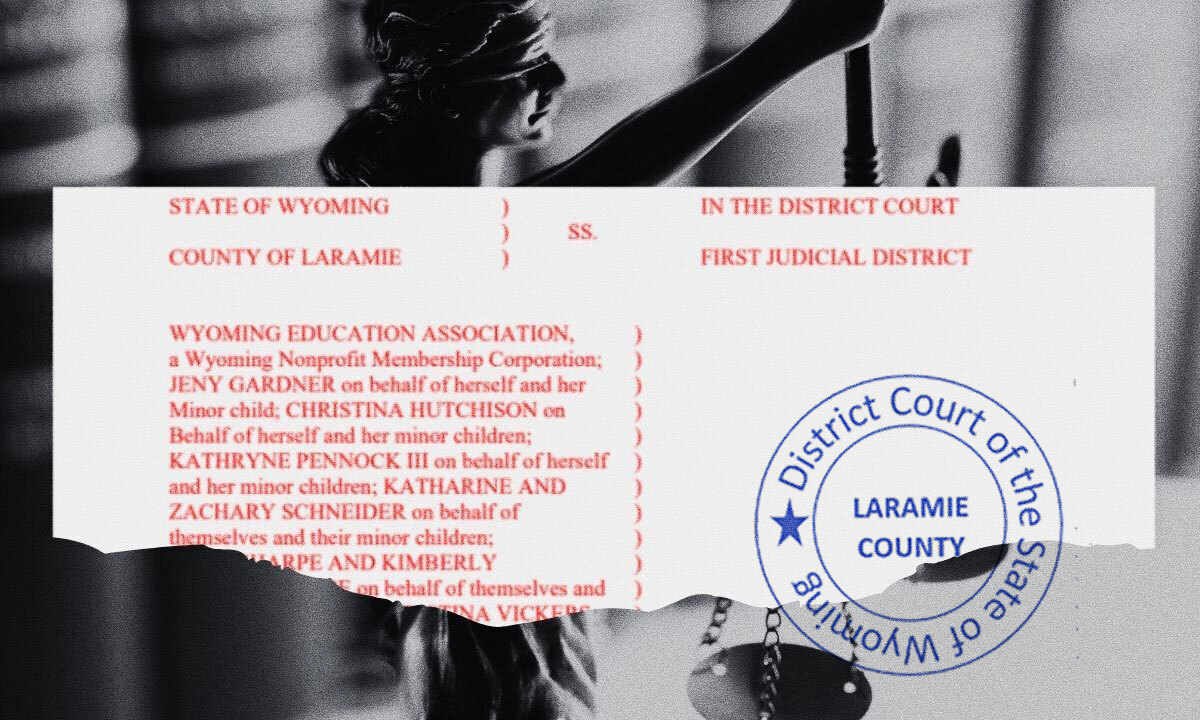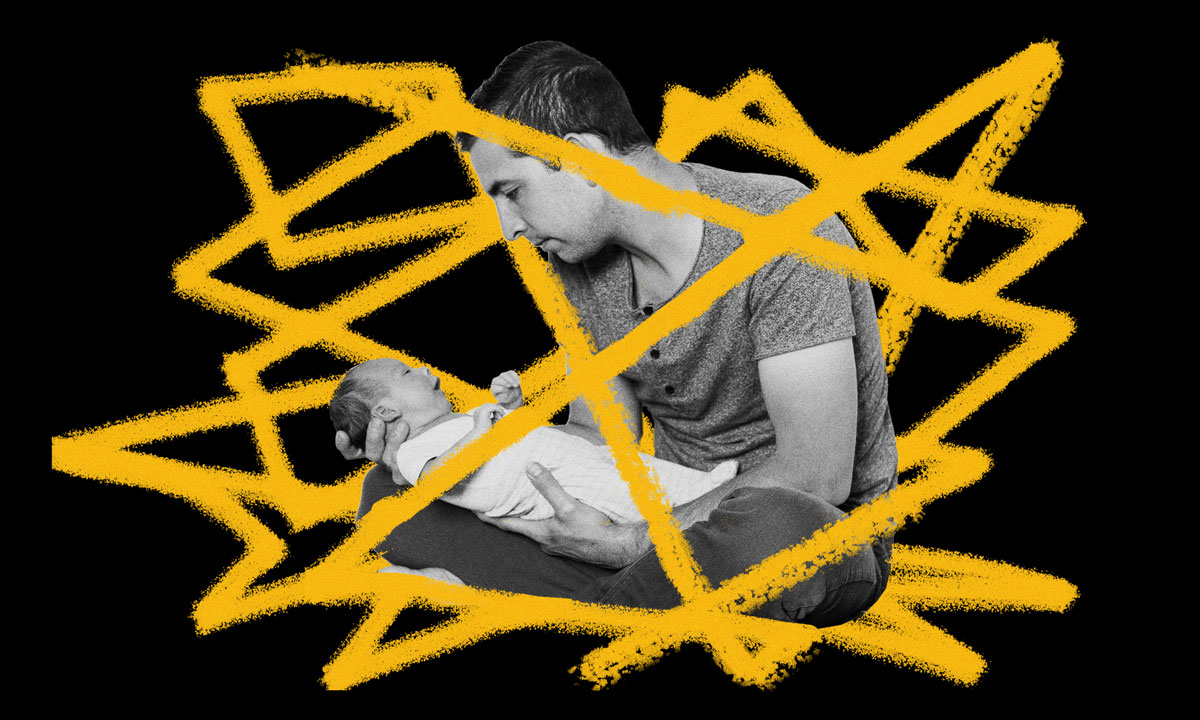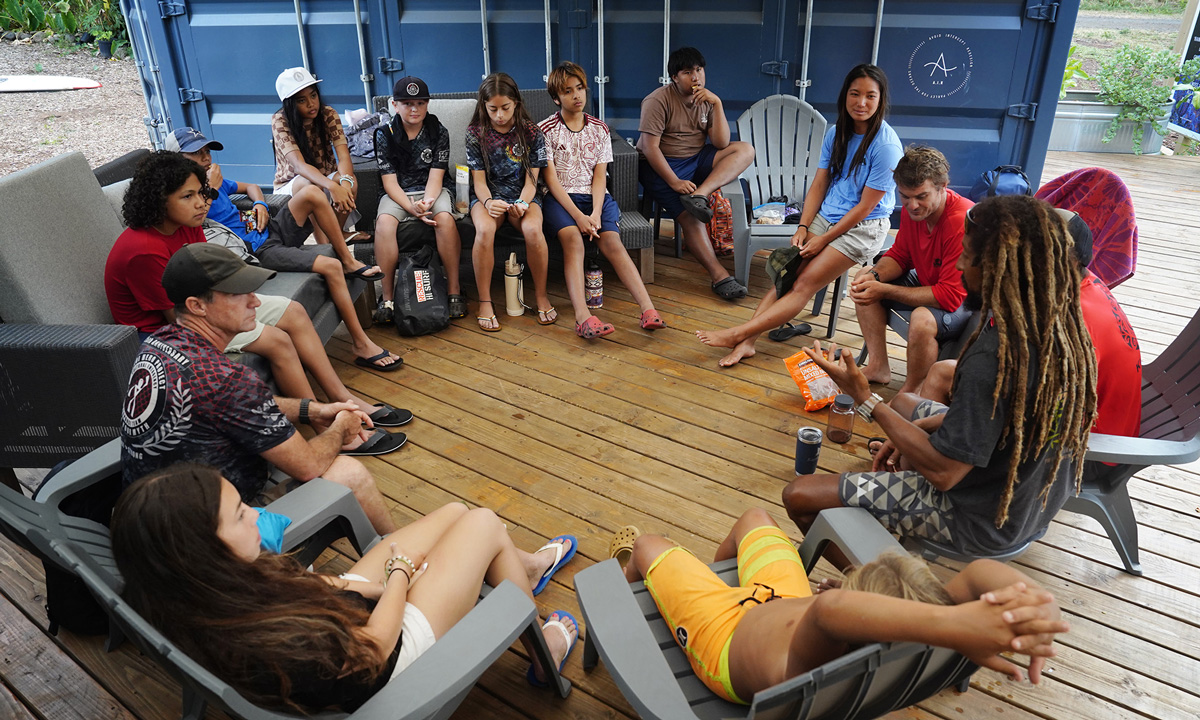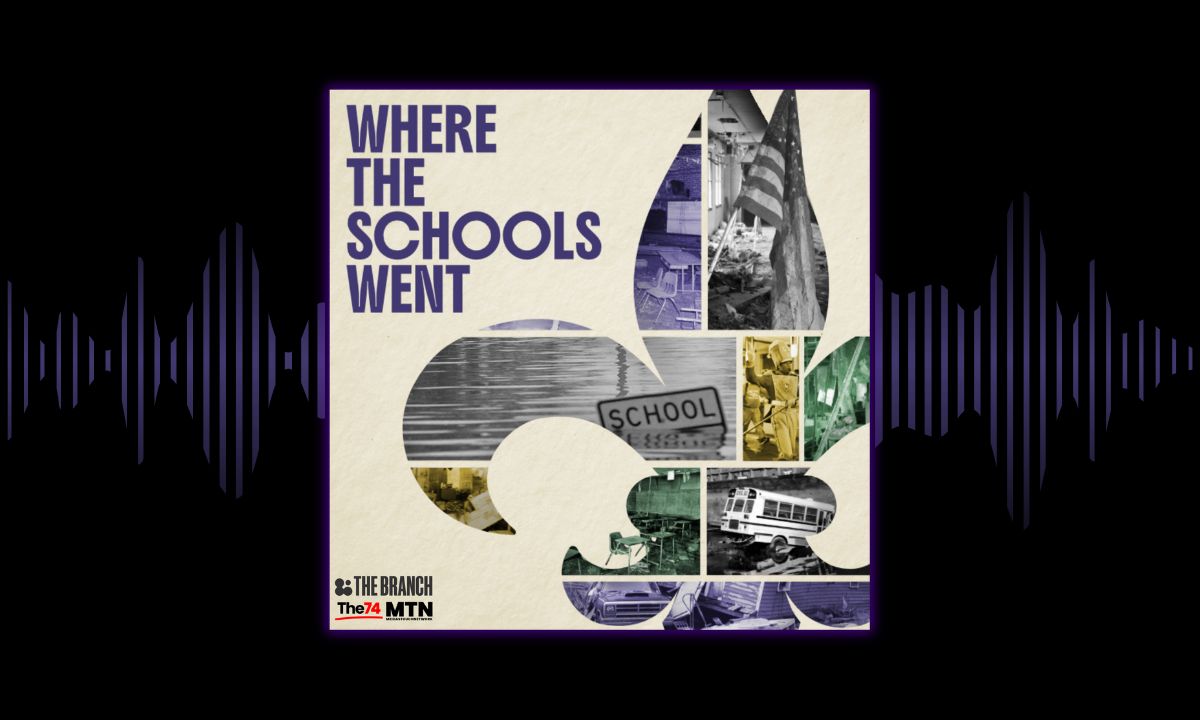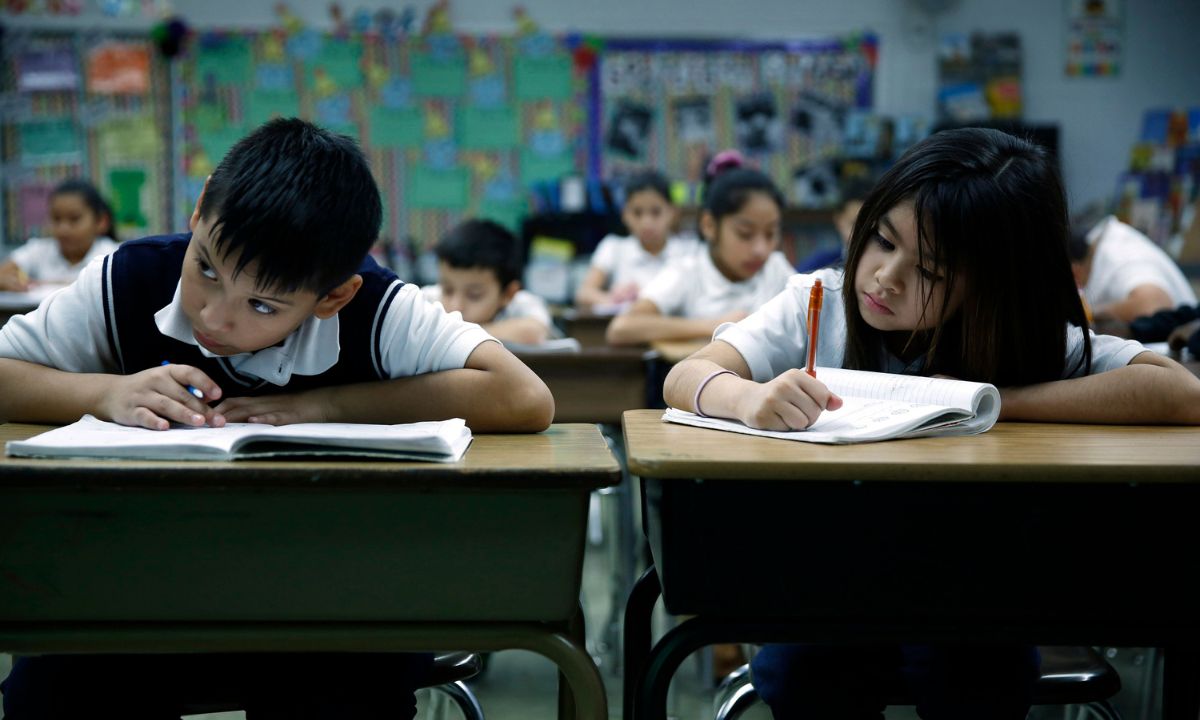Teachers’ unions around the nation have been suing to overturn their states’ private school voucher schemes on constitutional grounds. And they have prevailed in at least two instances.
In Wyoming, Utah, Montana, Missouri, and South Carolina, teachers’ unions have launched as least five lawsuits since the Supreme Court permitted private schools in Maine to receive public monies in 2022. Parent organizations and advocacy groups have launched more legal challenges.
The rise of voucher schemes has been spurred by the Supreme Court’s Carson v. Makin ruling and the increased interest of parents in alternatives to traditional public schools following the COVID-19 pandemic. This has resulted in a battle between school choice advocates and public educators in state courts.
According to the Georgetown University think tank FutureEd, at least 33 states offered private school choice as of the start of the 2025 legislative session. Most union lawsuits have focused onvoucher programs, in which public dollars pay for children to attend private schools including religious schools and cover other education-related expenses such as homeschooling.
Judges in Utah and Wyoming made decisions that, for the time being at least, supported the unions. After a judge ruled that the prior version of the program was unconstitutional, it was redesigned in South Carolina.
A preliminary injunction against the state’s universal voucher program was granted by District Court Judge Peter Froelicher in July, resulting in a victory for the Wyoming Education Association, which advocates for approximately 6,000 public school teachers. In June, the union and nine parents filed a lawsuit against the state, arguing that the Steamboat Legacy Scholarship Act is unconstitutional due to its violation of a state law requiring it to offer a unified system of public education.
After lawmakers made the voucher scheme universal this spring, the union made the decision to file a lawsuit. When it was first established, the family income cap was set at 250% of the federal poverty threshold.
According to union president Kim Ame, the absence of income restrictions essentially implies that you could be a Jackson resident with a $18 million property and receive government funding. We contested it because our constitution makes it very clear that we cannot grant public funds to private organizations.
Until the court rules on the legitimacy of the scheme, the injunction temporarily halts the distribution of $7,000 scholarships, which are financed from a $30 million state appropriation. The state has since filed an appeal to the Wyoming Supreme Court.
The court’s written order granting the WEA’s injunction depresses me. You are among the approximately 4,000 families in Wyoming who have had their lives abruptly changed without your fault. Megan Degenfelder, state superintendent of public instruction, wrote ina July statementto parents.
Similar circumstances exist in Utah, where a judge declared a $100 million voucher program illegal in April after the state teachers union filed a complaint.
The Utah Education Association filed a lawsuit against the state last year, claiming that the Utah Fits All Scholarship Program is unconstitutional because it uses tax dollars to fund private institutions that are not free, accessible to all kids, and within the state board of education’s jurisdiction. Later this year, the Utah Supreme Court is scheduled to hear an appeal.
The courts in other states are still considering lawsuits.
The Montana Federation of Public Employees, the state’s public school teachers’ union, joined a lawsuit in July contesting the legitimacy of the state’s voucher program, which pays for special education students’ private schooling.
According to the plaintiffs’ court brief, even voucher programs like this one that are aimed at students with disabilities deny them access to important legal rights and educational tools.
The MOScholars program, which began as a tax credit scholarship in 2021, is administered by the state teachers union of Missouri. At the moment, it depends on charitable organizations to gather donations, which are then converted into scholarships. A tax credit of up to 100% of the donor’s gift may be granted, but it cannot be greater than half of the donor’s state tax obligation.
According to the lawsuit, Missouri Governor Mike Kehoe allocated $1 million for program marketing and $50 million in taxpayer funds for the scholarships this year. In an attempt to stop the appropriation, the 28,000-member Missouri National Education Association filed a lawsuit in June.
Loretta Haggard, the union’s lawyer, wrote in the lawsuit that the General Assembly had overreached itself and violated five provisions of the Missouri Constitution by using an appropriations bill to create a scheme out of thin air to divert general revenues to what are effectively vouchers for the payment of private school tuition for elementary and secondary school students.
EdChoice Legal Advocates, a nationwide nonprofit organization that supports school choice, submitted a motion to join the lawsuit as defendants on July 30. “The program helps Missouri families afford an education that fits their children’s needs,” said Thomas Fisher, director of litigation, in a press release.
According to him, the program’s recent expansion is constitutional and will give low-income families and students with learning disabilities more educational flexibility.
After being sued by the state teachers union, parents, and NAACP, the South Carolina Supreme Court declared in 2024 that the state’s Education Trust Fund Scholarship Program was unconstitutional. After lawmakers changed the program to redirect funds from the lottery system rather than the general fund, it was reopened this year.
In Wisconsin and Alaska, unions have also been parties to school choice cases. In 2023, National Education Association Alaskafunded a suitover a state system that sent cash payments to the parents of homeschool students. The largest teachers’ union in Wisconsin requested that the state Supreme Court consider its case that year, contesting the validity of the state’s voucher program, but their motion was turned down.
